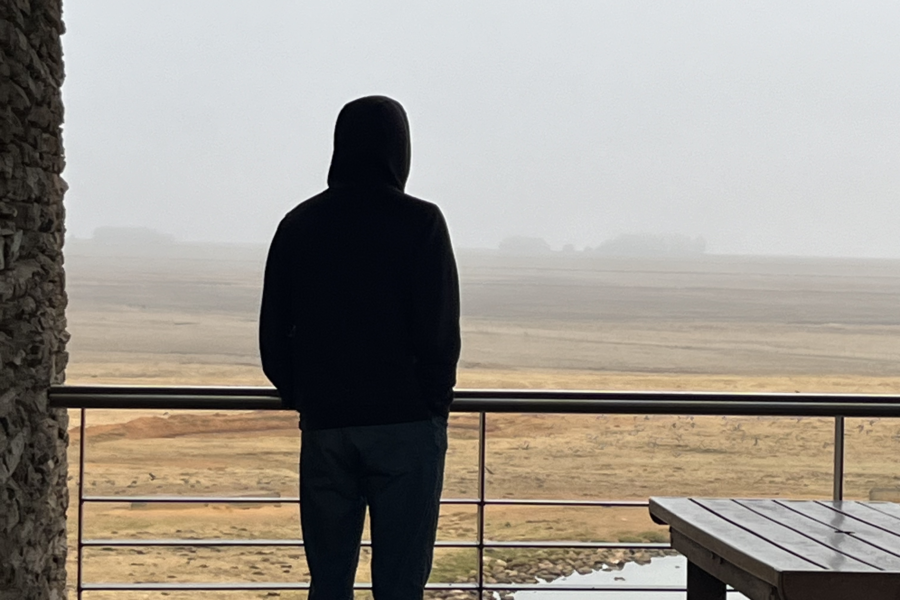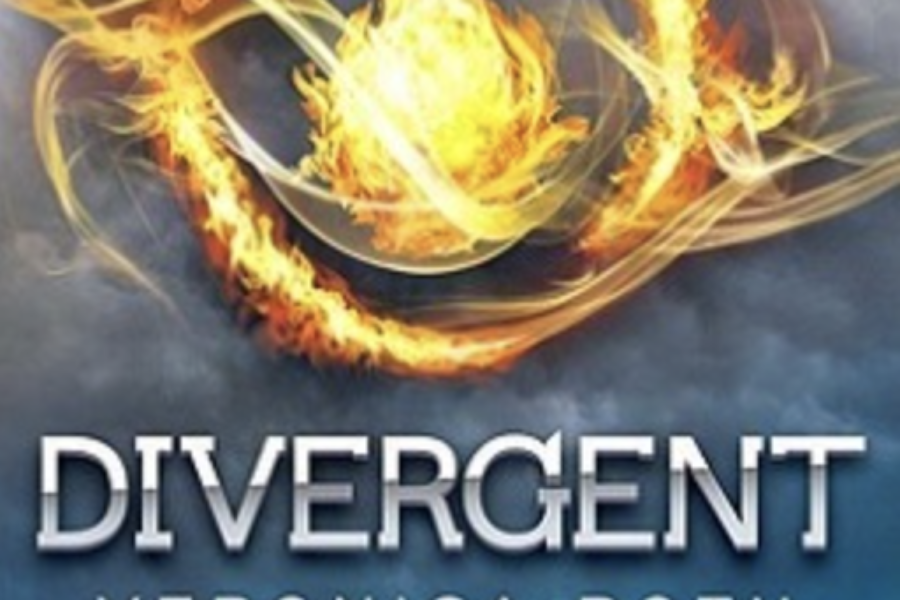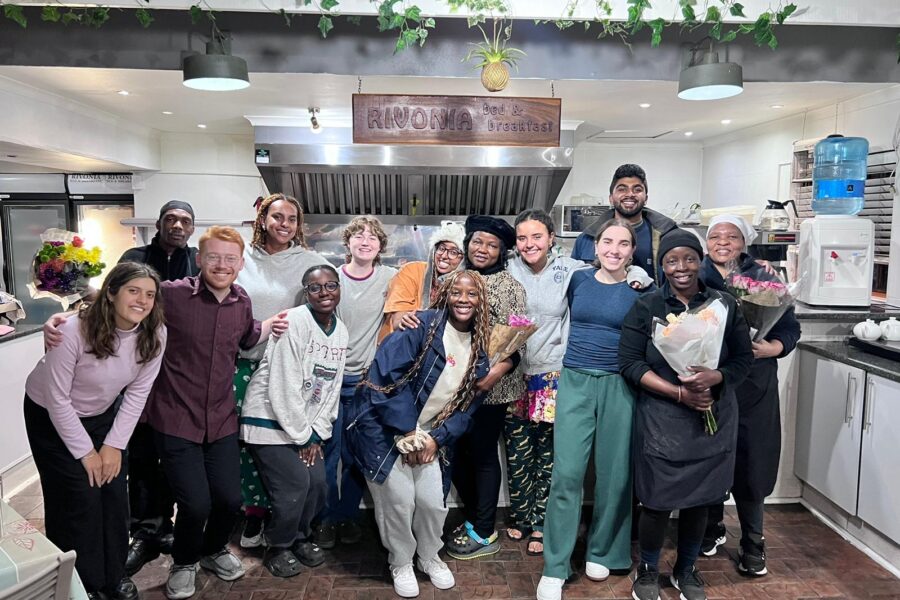3…2…1. My stomach churned as I readied my equipment and prepared to enter the arena. I scurried around the space, familiarizing myself with the topography of the dark venue with its seemingly endless variety of nooks, crannies, and crevices. I was awkward and unwieldy at first, repeatedly leaving myself vulnerable to attack and exposing myself as a subpar marksman. However, as time progressed, I found myself growing more comfortable with my weapon and heavy pack and becoming more adept at using the structure of the environment to my advantage. I steadily rose through the ranks, finishing in fifth place. Pretty good, but not good enough. Before the second game, some of my fellow colleagues expressed interest in forming a coalition to dethrone our fearless instructor and reigning champion. No way, I told them. Power and glory was so close I could almost taste it, and I was not about to let it slip away.
By the time I entered the arena for the second round, my anxiety was replaced by anticipation for the thrill of the chase. Gone were the missteps and missed shots of fifteen minutes prior; I was now a seasoned veteran. Any lingering doubt about joining the anti-Jonathan task force quickly dissipated as I was “mistakenly” shot by classmates who had supposedly desired allyship. With hardened resolve, I put on a masterclass of rapid-fire warfare, stealthily scampering throughout the arena and peeking out of crevices to pick off unsuspecting competitors. Despite a rather abysmal accuracy of 6% that reflected my playing style of almost nonstop shooting, I managed to hold off a formidable performance from my fierce rival Elon to dethrone Jonathan and capture first prize.
Hours later, unable to sleep due to mild but persistent nausea brought on by a combination of jetlag, excessive dairy, and a now-infamous strawberry daquiri, I wondered: Why did I care? Besides the embarrassing truth that I was far more emotionally invested in my laser tag ranking than my peers, I started to think about how we are conditioned to derive validation from asserting individuality and superiority over others. Our favorite dystopian series, such as The Hunger Games and Divergent, feature protagonists that are special, commanding attention and respect due to innate and/or cultivated individual characteristics. Social media is full of “becoming that girl” and “5 am morning routine” trends, in which vloggers strive to generate likes, views, and clout by proving the way they spend their 24 hours is more productive, more fulfilling, and simply better than the rest. Even as I’m writing this blog post, I secretly hope that a reader might tell me that I have a compelling and interesting narrative voice. In a society built on artificial scarcity–in which most people compete for limited jobs, homes, and capital while the top 1% enjoy an entirely bloated sum of wealth and resources–love and acceptance becomes conditional on the material circumstances we experience and can share with others. I argue that children internalize the intense competition fostered by late-stage capitalism nearly as reliably as they learn a language through the education, media, and even social relationships they encounter. I also speculate that our need to be the best stems not from an inherent desire for superiority but rather a deep-seated yearning for acceptance and a sense of belonging–which, in our hyperindividualistic society, seems most effectively accomplished by outshining our peers in status and personal achievement.
If we really step back and think about it though, what is the objective of this hyperindividualistic worldview? Does it really benefit anyone? The temporary Nelson Mandela exhibit at the Apartheid Museum prompted personal reflection about the impact of viewing accomplishment as a zero-sum competition versus a collective effort. As a young activist, Mandela is described as being imperious and strong-willed before gradually learning to respect the will of the collective. Increasingly, he collaborated across racial and party lines to dismantle the unjust system of apartheid. I absolutely do not intend to equate Mandela’s highly justified outrage against the discriminatory system and wariness of working with anti-apartheid white activists with the contemporary humble bragging of online influencers or the hyper-competitive mentality of students at a prestigious university. That would be an outlandish comparison to make. However, I do think it merits reflection that Mandela found peace and success in adopting a collectivist mindset. Indeed, Mandela asserts: “No single person can liberate a country. You can only liberate a country if you act as a collective.” Contrary to what popular dystopian works may have us believe, social justice is accomplished through sustained action by robust and diverse coalitions and communities, not by an exceptional teenager in a love triangle.
I do not mean to suggest that we shouldn’t embrace and foster our individual characteristics, skills, and ambitions. While Mandela progressively adopted a more collectivistic mindset, he never shied away from his talents as a political visionary, gifted orator, and courageous leader. Mandela’s biography should inspire us all to be the best version of ourselves. However, let’s keep in mind that Mandela’s sustained objective was to work towards building a better future for all. So many of us, myself included, may catch ourselves chasing prestigious schools, jobs, and opportunities merely for the sake of it instead of stepping back and asking ourselves why we want them so badly. In response, I set out to reject the rat race and establish a renewed commitment to my life goal of leaving the world better than I found it. To do so, I aim to join and develop communities and ideas in my social and occupational spheres that work towards improving the existing inequity of the human experience. Finally, I seek to develop my individual talents and expertise so I can most effectively work with others to catalyze meaningful change.
Let us send unconditional love to the people we encounter in this world. Community is an infinite resource; let’s stop treating it as if it is scarce. That way, we can all belong and, of course, be ‘that girl’.
P.S. Rest assured that my collectivistic mindset will fall by the wayside the next time I play laser tag.
P.P.S. Credit to Selihom for pushing me to flesh out my perspective and reminding me of some great Nelson Mandela quotes on our walk back from Rivonia Village today!









Gosh Ben this was such a refreshing read. You’re amazing
YOU’RE SPEAKING TRUTH TO POWER!!!!